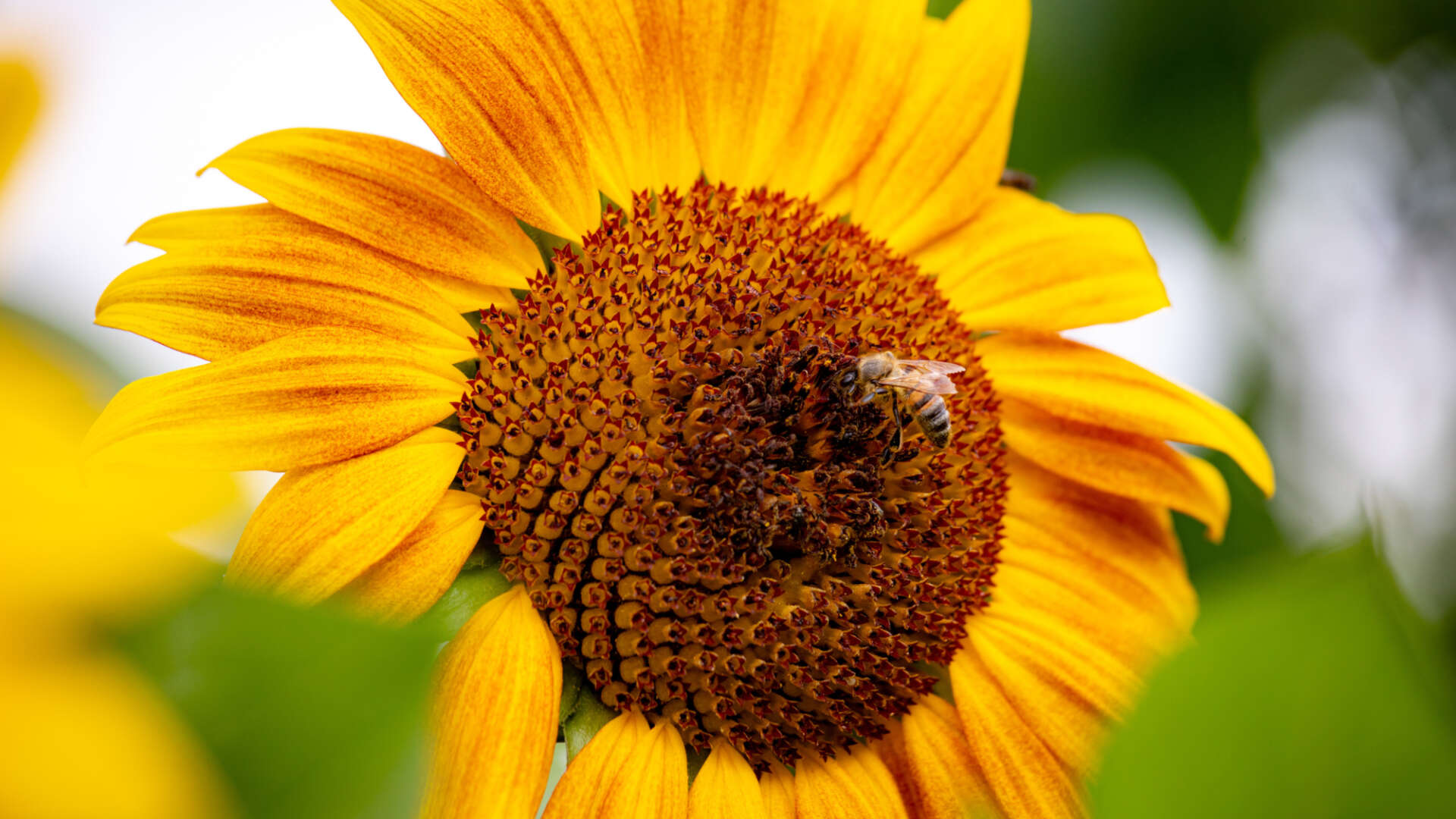The truth about pesticide use in the UK

PAN UK has analysed the official UK data on the matter, and found that the area of land being treated with pesticides has increased, as has the number of times that crops are being treated. The variety of pesticides being used on single crops has increased and their toxicity is breathtaking - some neonicotinoid insecticides are 10,000 times more toxic than the most notorious insecticide in history, DDT.
These pesticides are having serious harmful effects on our environment – farmland bird species continue to decline, bees and pollinators are being poisoned, our water is being contaminated and pesticide residues are present in the food we eat.
The claims made about pesticide use halving since 1990 are based solely on the weight of pesticides being used – and in that sense they are correct. However, weight is a meaningless metric for measuring the use of pesticides, when area and toxicity have increased.
According to PAN UK's own researches, in 1990, 44,981,520 hectares were treated with pesticides. In 2016 it was 73,172,193 ha - an increase of 63%. In the same period fungicide use increased nearly 70% and herbicides (such as glyphosate) increased 60%.
In 1990, agricultural land was, on average, treated with pesticides 2.5 times in a growing season. This had almost doubled by 2015 to 4.2 times. In the same time period, a hectare of UK potatoes went from being treated an average of 12.4 times to 32 times.
Garden Organic joins PAN UK in their call for a target for the reduction of pesticide use throughout the UK. "Since our founder, Lawrence Hills, campaigned against pesticides over 50 years ago, Garden Organic has strongly opposed their use in the growing area," says James Campbell, Garden Organic Chief Executive. "It is possible to manage pests using preventative and organic methods, that enhance not destroy nature."
See here for further information on pesticides such as neonicotinoids and glyphosate. And here for advice on managing pests and diseases in your garden - the organic way.